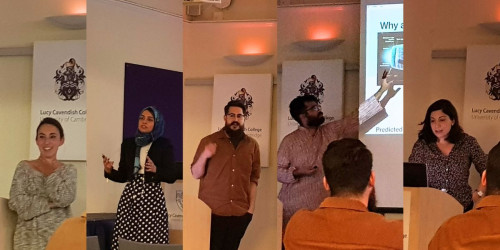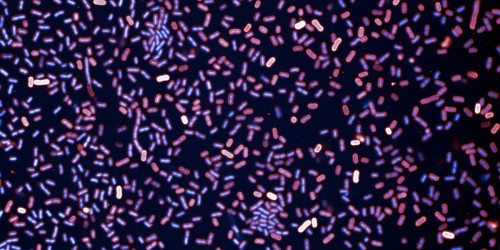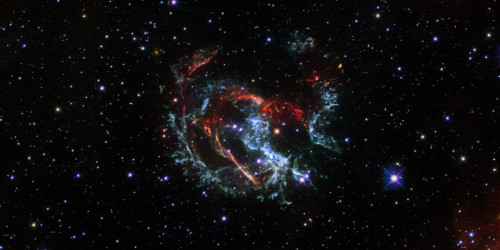
Research at Lucy: talks by our Junior Research Fellows
Lucy Cavendish College researchers showcase their interdisciplinary and innovative projects.
Lorena’s research looks at migrant reception centres at the Southern Spanish border.
Lorena is the Lucy Cavendish Alice Tong Sze Research Fellow based at CRASSH. Her research and teaching analyse elusive surveillance in contemporary society. She looks at mundane forms of control as they unfold in spaces of 'care' - development projects, migrant protection centres, the modern university.
Her current project looks at the ‘migrant reception centre’ at the Southern Spanish border. She focuses particularly on protection centres hosting unaccompanied and separated children in Gran Canaria and Melilla. Since the early 1990s, thousands of "unaccompanied and separated children" have arrived to Spain via sea and land borders. Most of them come from Northern Africa (especially Morocco), but many others come from Central and Western Africa. They come from very different family backgrounds - sometimes the family supports the migration journey, other times it opposes it, other times the young person might be estranged from its family.
When an unaccompanied and separated child enters the national territory, the state finds itself in a tension. On the one hand, it has the duty to provide migrant children the same protection and care it would provide to any young person under the age of 18. On the other hand, the security apparatus perceives migrant children as foreigners to control. It is in this tension that the 'migrant reception centre' emerges and operates.
Lorena's research project explores how the tension between geographies of remoteness, infrastructures of neglect and international human rights duties transform these sites in a charged political space. A debate is needed over the facilities and care provided for child migrants, who at the moment are often housed in large facilities that do not meet their needs or uphold their rights.
Lorena's previous work focused on development aid as an instrument of border control. Focusing on urban Morocco as a site of inquiry, she looked at how European-funded projects created spaces where black Africans racialized as ‘Sub-Saharan migrants’ were contained in uneventful ways. In her book, Immigration Nation. Aid, control, and border politics in Morocco (Cambridge University Press 2021), she showed that aid marks the rise of a substantially different mode of migration containment, one where power works beyond fast violence, and its disciplinary potential is augmented precisely by its elusiveness.

Lucy Cavendish College researchers showcase their interdisciplinary and innovative projects.

Caroline Zellmer’s research focuses on understanding drug-resistant bacteria to develop alternatives to antibiotics.

Dr Suhail Dhawan’s research is based on measuring distances to exploding stars to understand how fast the universe is expanding.